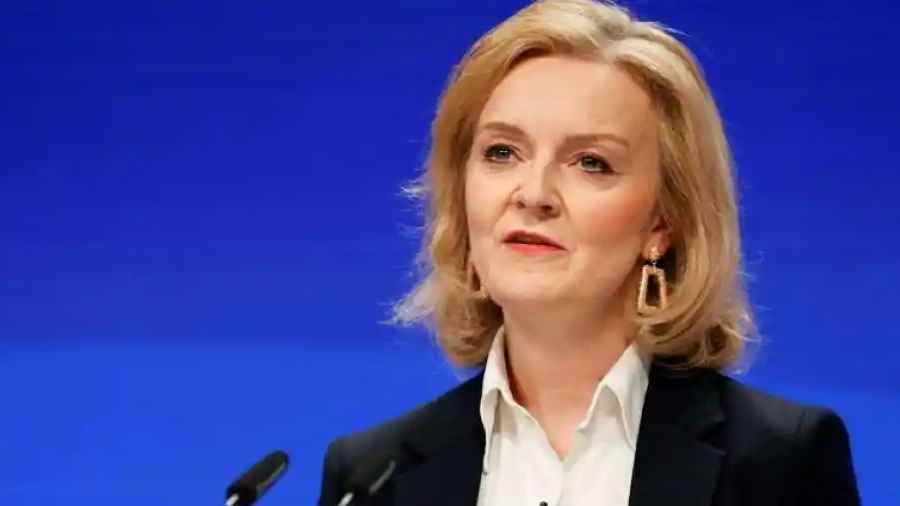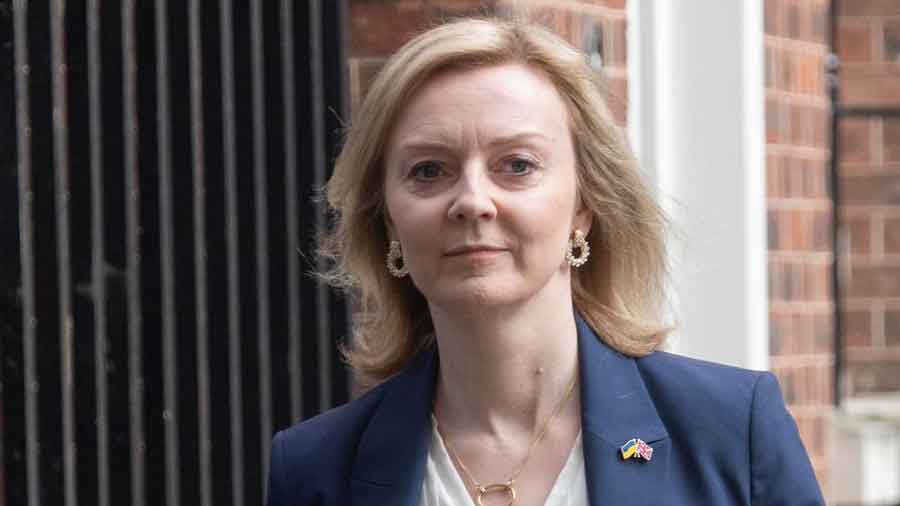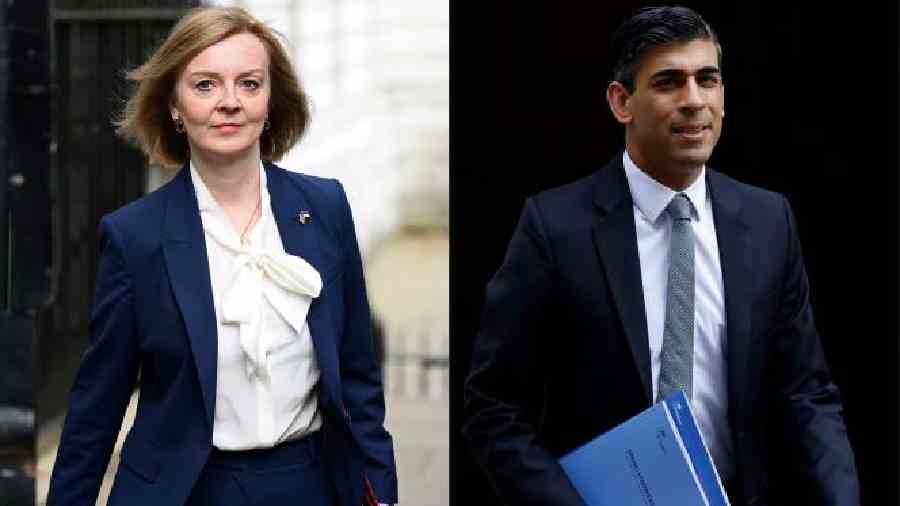Liz Truss romped to victory and will be Britain’s next prime minister after a marathon contest that stretched for six weeks. She defeated her rival Rishi Sunak by a 57.4 to 42.6 margin, which was impressive but not as huge a lead as some pollsters had predicted.
During her victory speech, Truss declared: “I will deliver a bold plan to cut taxes and grow our economy.”
Truss (47) secured 81,326 votes in the Conservative Party leadership elections against Sunak's (42) 60,399 votes.
Truss will enter office facing a greater swathe of problems than any British prime minister has faced since World War II. There is the war in Ukraine that’s still raging and which has sent electricity prices soaring through the roof. Then there’s the economic aftermath of Covid-19 during which the government spent heavily to ensure that small businesses stayed afloat. Besides that, Britain is still battling the European Union (EU) in the wake of Brexit.
Before her election victory, the UK pound fell in early trading on Monday to the lowest level since 1985. One asset manager predicted grimly that the UK might be forced, in the not-too-distant future, to apply for an IMF loan to surmount the current crisis.
Truss has campaigned on a relentlessly optimistic platform, promising to slash income tax and also the indirect value added tax (like our GST) and saying these moves would revive the economy. Besides, that she’s also reported to be considering a freeze on energy prices.
Her economic ideas have been savaged by many economists and politicians, who have accused her of spinning fantasies. While saying she will cut taxes she has also promised to step up defence spending and subsidies to help the public overcome post-pandemic difficulties. Truss added, during her victory speech: “I will deliver on the energy crisis, dealing with people’s energy bills, but also dealing with the long-term issues we have on energy supply.”
Truss’s closest lieutenant Kwasi Kwarteng who is almost certain to be the chancellor of the exchequer in her government, wrote in the Financial Times today that, “though there will need to be “some financial loosening”, the new administration would act in “a fiscally responsible way”. His article in the Financial Times was rubbished by The Guardian’s Economics Editor Richard Partington, who declared that, “the Kwarteng op-ed is wild”.
On a different note, ITV’s Political Editor, Robert Peston said: “If she follows through with her tax-cutting plans, Liz Truss represents perhaps the most important shift in UK economic policy since Thatcher.” Controversially, she has also said she will cut taxes on the rich.
Britons had wearied of the mammoth campaign which included several TV debates, and which ended with a giant event at Wembley Arena, attended by 6,000 people. The two candidates held hundreds of meetings with Conservative Party members through the length and breadth of Britain. In her election speech, Truss called the campaign, “the longest job interview in history”.
Sunak who won in the first round of the campaign was widely favoured by Conservative Party MPs. However, when the vote went to the about 172,000 Conservative Party members around the country it was clear that Truss was widely preferred by them. This, according to the opinion polls, was particularly true when it came to older voters. Finally, Truss received 81,000 votes compared to Sunak’s 60,000.
Certainly, there were elements of racism playing against the Indian-origin Sunak but his clear message that there would have to be belt-tightening and cutbacks was not a popular one with voters. Sunak was also looked upon unfavourably because he was thought to have stabbed Prime Minister Boris Johnson in the back by resigning.
Besides the raft of economic problems, Truss could also face a challenger in the form of current Prime Minister Boris Johnson, who has indicated that he would very much like to return to No 10 Downing Street.
Truss has always been quick to backtrack on promises, so there are predictions that she may step away from many of her wilder promises made during the campaign.
Truss is the 59th prime minister of the United Kingdom and the third woman after Margaret Thatcher and Theresa May.












